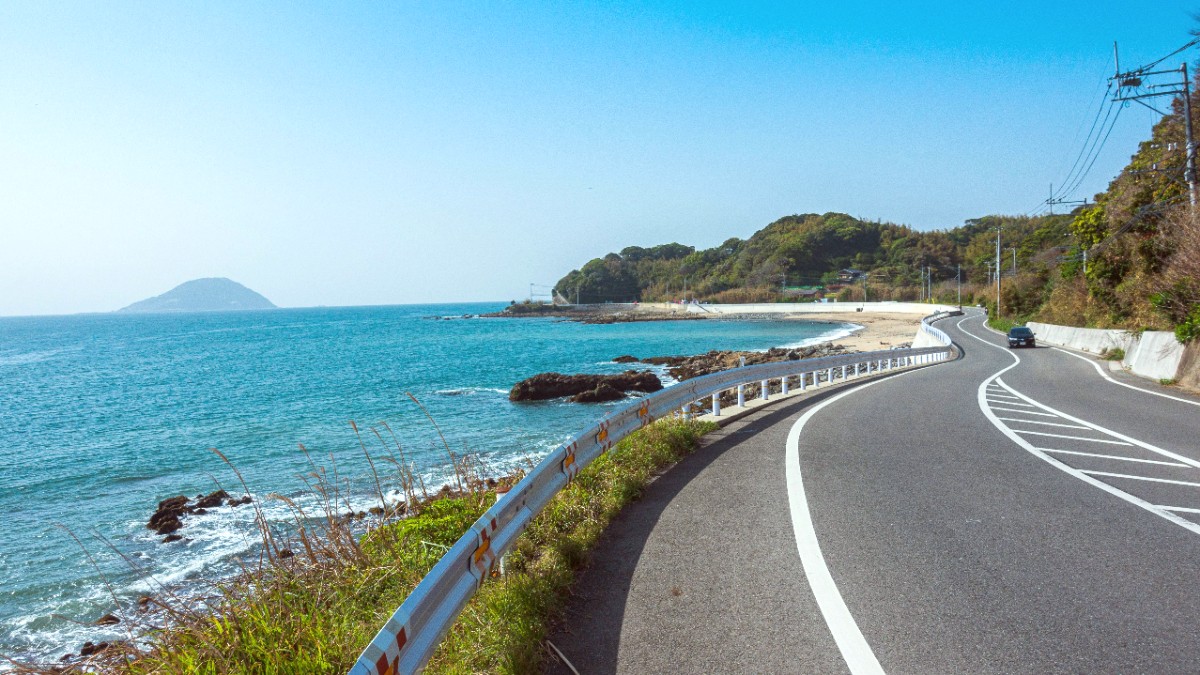
Kyushu, Japan
Fukuoka's climate varies throughout the year, with distinct seasons offering different conditions for travelers. Spring and autumn generally bring mild and pleasant weather, ideal for outdoor exploration. Summers are hot and humid, while winters are cool and relatively dry with minimal snow.
The city experiences a rainy season in early summer and a typhoon season later in the summer and early autumn.
The best time to visit Fukuoka varies depending on your interests. Summers are suitable for beach activities, while winters offer a quieter city experience with fewer tourists.
Regardless of the season, Fukuoka presents unique aspects. Consider your preferences for weather, crowd levels, and specific events or scenery when planning your trip.
Late March/Early April, Late Oct/Nov, Golden Week (late Apr/early May), Obon (mid-Aug)
Picturesque scenery (cherry blossoms/foliage), ideal weather for sightseeing.
Significant crowds, higher flight and accommodation prices, advance booking needed.
May (after Golden Week), Sep (after Obon), early Oct
Pleasant weather, fewer crowds, moderate prices, good for outdoor activities.
Early September can carry typhoon risk.
Mid-June to Mid-July (rainy season), Jan-Feb (winter)
Fewer tourists, lower flight/accommodation prices, more local experience.
Higher chance of rain in early summer, colder temperatures in winter, limited hours for some attractions.
This period, from early June to mid-July, brings frequent showers and high humidity. A Compact umbrella or light rain jacket is useful. The rain typically comes in bursts rather than continuous downpours, allowing for continued exploration between showers.
Most active from August to September. Typhoons bring strong winds, heavy rainfall, and potential disruptions to transportation, including flights and trains. Monitoring weather forecasts closely is prudent if traveling during this period. Local authorities publish clear warnings and guidance. Flexibility in travel plans can be useful.
Late March to early April for iconic sakura.
Spring (April-May) and Autumn (Oct-Nov) for comfortable temperatures.
July-August for warmest water temperatures.
Enjoyable year-round, most comfortable in spring and autumn. Winter offers pleasant walking conditions.
Japan maintains clear regulations for visitors, and meeting these helps ensure a smooth arrival. Most visitors from many countries enjoy visa-exempt status for short temporary visits.
Japan offers a "Temporary Visitor" visa, suitable for tourism, business meetings, or visiting family and friends. This visa typically permits stays of up to 90 days. Many nationalities, including citizens of the US, Canada, UK, Australia, NZ, most EU countries, South Korea, and Singapore, benefit from visa-exempt status for short temporary visits. These travelers typically do not need a visa for stays up to 90 days.
All visitors to Japan must present certain documents upon arrival, regardless of visa status. Keeping these documents organized and easily accessible streamlines the immigration process.
Purchasing comprehensive travel insurance is strongly recommended for any trip to Japan. A good policy covers medical emergencies, trip disruptions, and lost luggage, safeguarding your journey from unforeseen circumstances.
Fukuoka, like the rest of Japan, maintains a very high standard of health and safety, making it a comfortable destination for travelers. Awareness of certain considerations promotes a worry-free trip.
Japan's high standards generally minimize health concerns, but seasonal factors and environmental aspects merit attention. Staying informed about local conditions promotes well-being throughout your visit. Hydration and appropriate clothing are simple, yet effective, prevention measures.
Consult a healthcare professional before departure for tailored advice based on individual needs.
Japan boasts an excellent healthcare system. Hospitals and clinics are readily available, notably in Fukuoka City. Larger hospitals or international clinics may have English-speaking staff, but this is not guaranteed at all facilities.
High-quality medical services and facilities.
English-speaking staff not always available; medical costs can be high without insurance.
Japan consistently ranks among the safest countries globally, and Fukuoka mirrors this trend. Crime rates are remarkably low. Minor incidents like pickpocketing are rare but possible in crowded tourist areas or on public transport; standard precautions are advised.
Very low crime rates; public spaces feel secure even at night.
No specific neighborhoods pose significant safety concerns.
Japan is prone to natural disasters. Awareness helps you prepare. Earthquakes occur; familiarize yourself with "Drop, Cover, Hold On." Typhoons are common late summer to early autumn, bringing heavy rain and winds, potentially causing travel disruptions.
Buildings constructed to withstand seismic activity.
Tsunamis possible in coastal areas; follow warnings and evacuate to higher ground.
| Category | Recommendation | Details |
|---|---|---|
| Drinking Water | Tap water is safe to drink. | Confidently refill reusable bottles from any tap. No purification methods are necessary. |
| Food Hygiene | Standards are exceptionally high. | Enjoy local cuisine with confidence. Food poisoning is very rare. |
| Emergency Contacts | Keep emergency numbers accessible. | Police: 110, Fire/Ambulance: 119. These are free calls from any phone. |